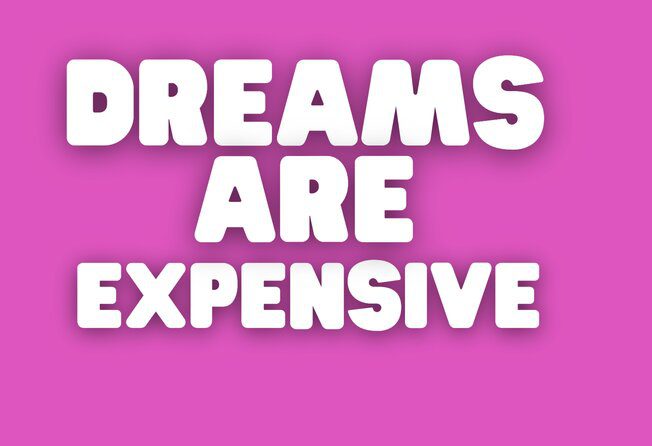“First they ignore you, then they laugh at you, then they fight you, then you win.” – Mahatma Gandhi
Your dreams are valid but it is also expensive to dream. “The price of greatness is responsibility” former British prime minister, Winston Churchill once quipped. The bigger the dream, the bigger the price you would have to pay to achieve your dreams and aspirations. You are going to be violently opposed by your family, friends, and allies but a few might get it but the more you continue to dream; the opposition gets bigger. If you cannot pay the price, you cannot win the prize. The moment you decide to follow your most audacious dreams, people would project their fears and insecurities toward you and your aspirations. The self-doubts begin to crip in especially when the projections come from well-meaning family and friends.
